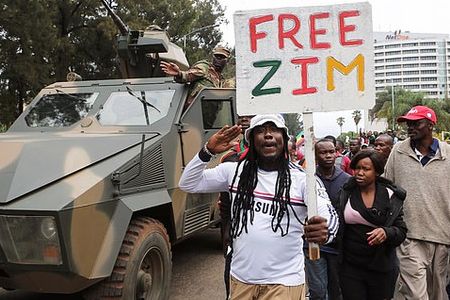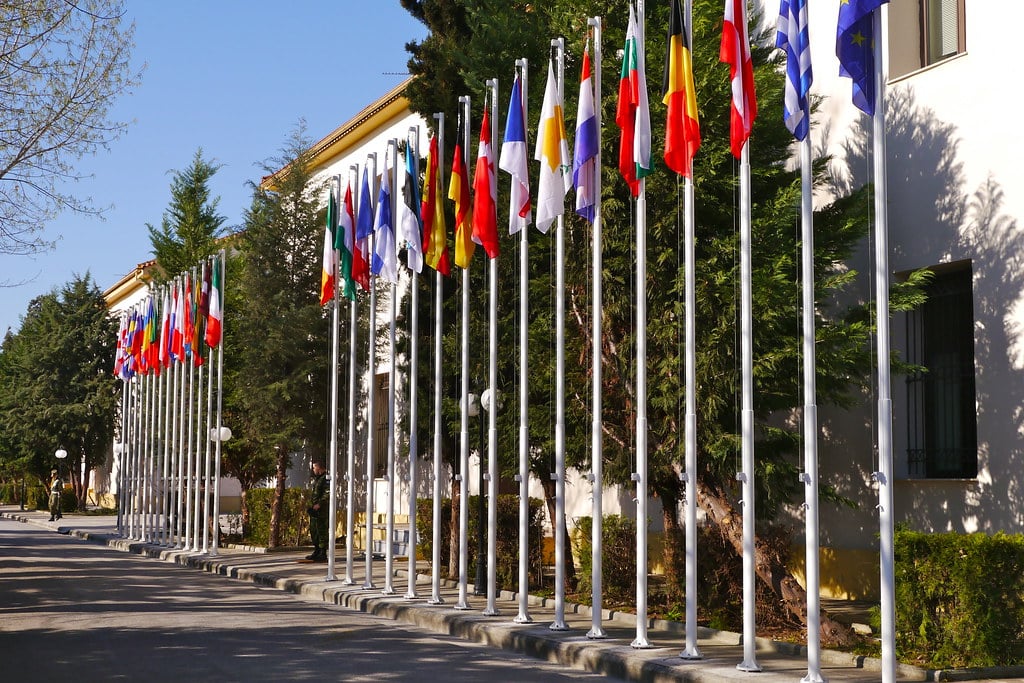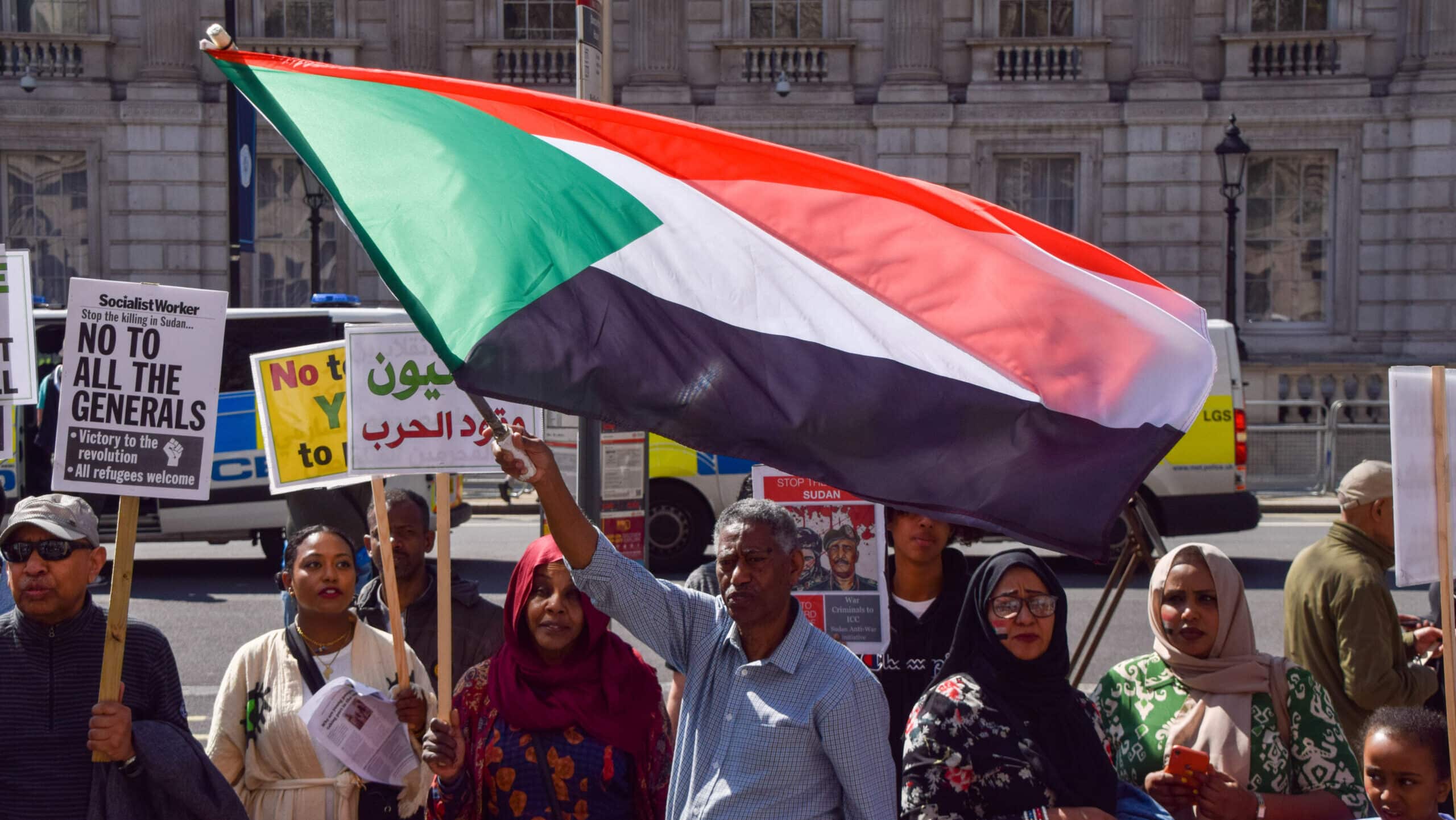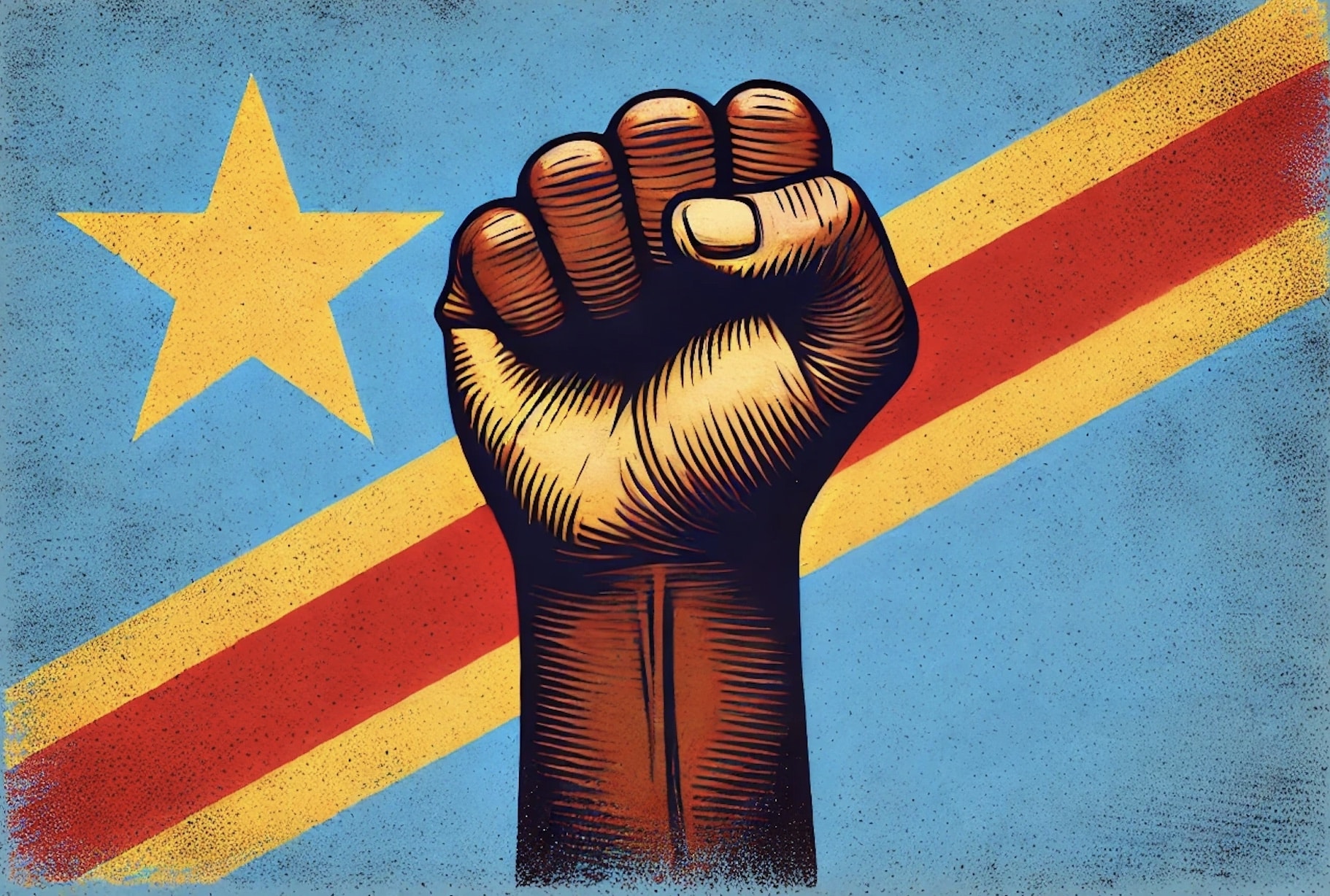When Emmerson Mnangagwa took office as Zimbabwe's new president, on 24 November 2017, he promised to call new, fair and transparent elections. Mnangagwa appears to be fulfilling this promise, at least in part. Presidential and parliamentary elections will take place in the country on 30 July. For the first time in three decades, the political playing field during the elections will look different. Because Robert Mugabe, who was in power for 37 years, was sidelined by the army last November, the battle will be mainly between Mnangagwa and Nelson Chamisa (MDC-T). These elections are essential for Zimbabwe's democratic, economic, political and social transformation.
The current state of play
Little has changed in Zimbabwe since the "crocodile", Mnangagwa's nickname, took over. For ordinary Zimbabweans, the situation seems to be getting worse for the time being. Inflation is constantly rising, making basic commodities more expensive, and many banks are struggling with cash shortages. All this has meant that the position of ZANU-PF, the party of both Mugabe and Mnangagwa, is deteriorating.
In recent months, the party has used an iron hand to disrupt several protests in the country. It has also sacked 15,000 nurses who went on strike in 2010 for better working conditions. The party is now characterised by its contradictory stance where Mugabe's legacy is still clearly felt.
On the other hand, ZANU-PF is seeking rapprochement at the international level to put the country back on the positive map and boost the economy. "Zimbabwe is open for business," Mnangagwa said during an interview with CNN. The country's doors are open to companies from other countries, with eyes mainly on Russia keen to invest in Zimbabwean mines. Also, Mnangagwa has applied to rejoin 'the Commonwealth', the British Commonwealth of Nations.
ZANU-PF in power or a new direction?
Speculation is currently raging about which party will be the biggest in July's elections and who will become Zimbabwe's new president. According to Mnangagwa, his party will remain in power after the elections and he sees the opposition as "barking puppies" who don't stand a chance. "ZANU-PF is in power, let it be known that nothing will change in this country even if we go for elections because people will vote for our party," he said during one of his campaign rounds.
Yet much opposition is expected from the country's largest opposition party. With Chamisa at the helm, does the MDC-T have a chance of winning this election? And do the smaller political parties stand a chance during the elections? Several opposition parties are joining forces to form a bloc against ZANU-PF. For instance, the MDC-T is working with ZANU-Ndonga and Zimbabwe People First. For voters who want something different and do not want nothing to do with national politics, there are still the local elections, which take place on the same day, with several independents dominating the electoral lists.
It will be an exciting election for Zimbabwe either way. The constitutional court ruled that Zimbabweans abroad have no right to vote. Some three million Zimbabweans cannot vote as a result. A huge number which might bring about change. It now remains to be seen whether Zimbabweans in the country will go to the polls en masse and whether the elections will indeed be peaceful, fair and transparent. The EU is sending observers who will observe to ensure the credibility of the elections.
By: Remy van Aanholt
Photo: Flickr





